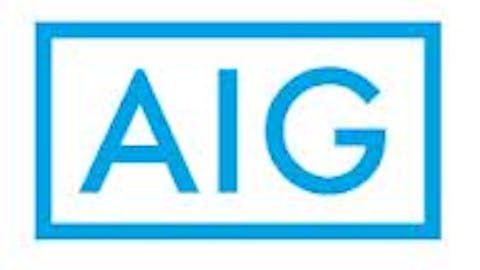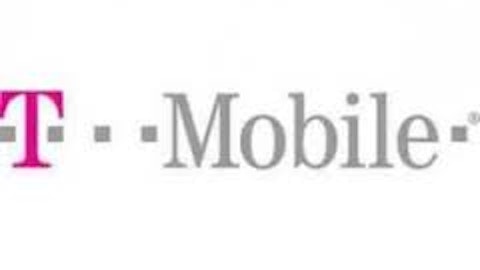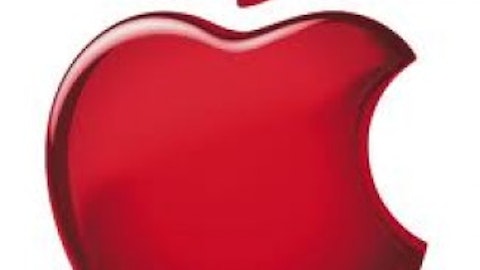Free apps, expensive devices
Most of these medical apps function by connecting to another device, such as a heart rate, urine or blood pressure monitor, with the smartphone playing the role of a mobile computer that processes the information. Most of the apps are free, but the connecting devices can cost between $50 and $500. The FDA recently questioned Indian medical technology firm Biosense for its release of the uChek iPhone app, which synchronizes a smartphone to a dipstick to analyze urine for a wide range of diseases. The FDA asserted that Biosense needed to seek clearance for the release of an entire urinalysis kit before the app was released. Although Apple Inc. (NASDAQ:AAPL)’s App Store currently has more than 10,000 clinical and fitness apps, the majority of them are only for casual use and do not require the attachment of additional peripherals. To date, the FDA has only approved 75 sophisticated medical apps, which are restricted to use by doctors.
Will medical apps be the next battlefield for Apple Inc. (NASDAQ:AAPL) and Google?
If Google Glass is enhanced with a wide variety of these medical apps, it could alter how doctors treat patients and educate students. If so, then Apple Inc. (NASDAQ:AAPL) could also be eyeing other advances in medical apps. Recent rumors indicate that Apple Inc. (NASDAQ:AAPL) is assembling a team of medical sensor engineers and fitness experts to create a fitness-oriented wearable computer.
Although Apple Inc. (NASDAQ:AAPL) rumors should be taken with a pinch of salt, two hires have been confirmed through their LinkedIn profiles – C8 MediSensors’ Ueyn Block and Sensonics’ Todd Whitehurst. Block was hired to work in Apple Inc. (NASDAQ:AAPL)’s optical sensing department, while Whitehurst was hired as a director of hardware development.
This has fueled speculation that Apple’s long-rumored iWatch might actually be a fitness device which can monitor the user’s heart rate and use GPS-collected data to track jogging routes and other activities. In addition, it could be synchronized with other medical devices for a more portable readout than smartphones.
The Foolish Bottom Line
If you think that video game consoles and smartphones are all about Halo and Angry Birds, think again. These cutting-edge technologies are not only being used for entertainment and social connections — they are revolutionizing the future of healthcare for doctors.
Kinect, Google Glass and smartphones are creating a brave new world in medical technology, which could cut medical costs, increase the quality of education, and boost self-awareness of health conditions over the next decade. While all of these technologies have yet to achieve widespread adoption, I believe that the eagerly anticipated release of Google Glass could be the spark that sets this market on fire.
Leo Sun owns shares of Apple. The Motley Fool recommends Accenture, Apple, and Google. The Motley Fool owns shares of Apple, Google, and Microsoft. Leo is a member of The Motley Fool Blog Network — entries represent the personal opinion of the blogger and are not formally edited.
The article Will Game Consoles and Smartphones Revolutionize Healthcare? originally appeared on Fool.com is written by Leo Sun.
Copyright © 1995 – 2013 The Motley Fool, LLC. All rights reserved. The Motley Fool has a disclosure policy.





